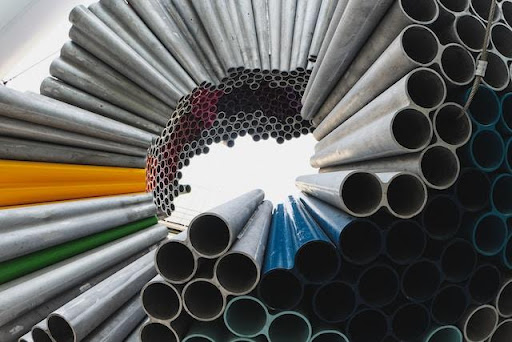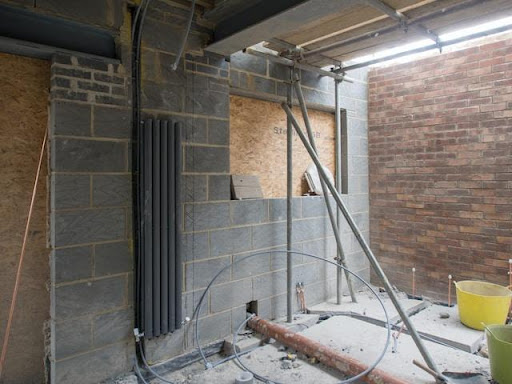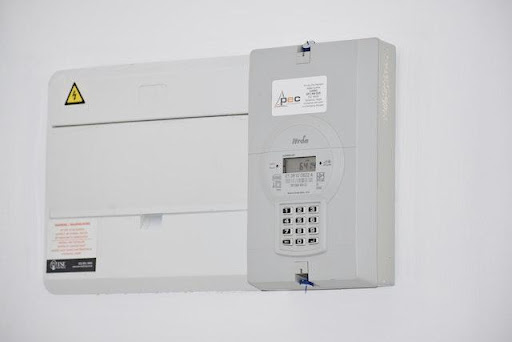
Repiping your home is not an upgrade any homeowner is excited to do in their home, says Louise Beck Properties. While you may understand the critical role played by your water pipes, you typically don’t like spending all that money to replace them.
This is why most homeowners don’t think of repiping their house until problems in their plumbing system force them to do it. Most homeowners only decide to repipe their property after they have had a plumbing disaster.
But like all the major systems in your home, your water pipes also have an expiration date. Pipes’ lifespan depends on the pipe material, the chemical composition of your water, how well you maintain the pipes, and a host of other factors.
Generally speaking, galvanized pipes last 20-50 years. Brass pipes have a longer lifespan of 40–70 years. Copper pipes have a life expectancy of 50+ years, and cast iron has the longest lifespan of any metal water pipe (75 -100 years). Plastic pipes last indefinitely.
If you are reading this, you are probably on the verge of repiping your home but also trying to familiarize yourself with the process (perhaps to avoid biting off more than you can chew). If this is true, this post will explain what you should expect when repiping your home.
What to expect when repiping your home
How long will it take to repipe your home?
This depends on whether you are repiping the entire house or just a section. Whole-house repiping may take up to a week to complete, but partial repiping can be completed in as little as one day. The plumber needs to assess the work to say how long it will take.
How will the project affect your family?
If you are repiping the entire home, it is best to move your family away from the house during the duration of the project. Due to the highly disruptive nature of repiping a house, your family will be without many of the comforts they are used to. Also, to give your plumber the space he needs to do the work properly, it is best if you vacate your home.
How invasive is this project?
What are the specific ways that repiping your home will disrupt your family’s day-to-day life?
- No running water: The home may be without running water for a few hours, the entire day, or more than two days. It depends on the scope of the work. When you work with an experienced plumber, it is possible to have them shut off the water during working hours but restore the service before the end of each day.
- Damage to walls, flooring, and ceilings: To access your old pipes, the workers must cut into your walls, flooring, and ceiling. To get at the walls or flooring, they may have to move appliances and furniture around. While you can expect the plumber to use drop-cloths to protect your home and belongings, your home will still be in disarray for the period.
- Noise and dust: Like any construction site, you should expect dust and noise during this project. Earplugs may help you escape the worst noise, and draping floors or furniture with plastic sheeting can shield them from dust. However, there is no way to completely escape the inconvenience while your home is repiped.
- No access to rooms: Depending on how the pipes in your home are routed, you may lose access to your bedroom, bathroom, or kitchen. Privacy will be a problem if you decide to stay at home during the project. You may also not be able to prepare meals in the kitchen.
Expect to repair your walls, ceilings, and flooring
After repiping is completed, you have to fix your damaged walls, floors, and ceiling. This added cost is separate from the actual cost of repiping your home. Of course, a competent contractor will include this additional cost in their estimates, but it is essential to know it from the start.
Getting your home ready for repiping
Repiping your home does not have to be excessively disruptive if you plan and prepare for it. What steps should you take to reduce the impact of this project on your family? Planning is the best way to minimize the effect of repiping.
- Once your plumber provides a timeline for the work, you can plan it according to your schedules.
- Better still, you can plan to be away from home during this period.
- You can also move into one of the rooms that will not be affected or arrange for the work to be done in such a way as to let you always have one room available for your family.
Lastly, when repiping your home, you need patience. But more than anything else, you need a professional plumber who can sit down with you to work out a plan that will help to reduce the project’s effect on your family and finances.


